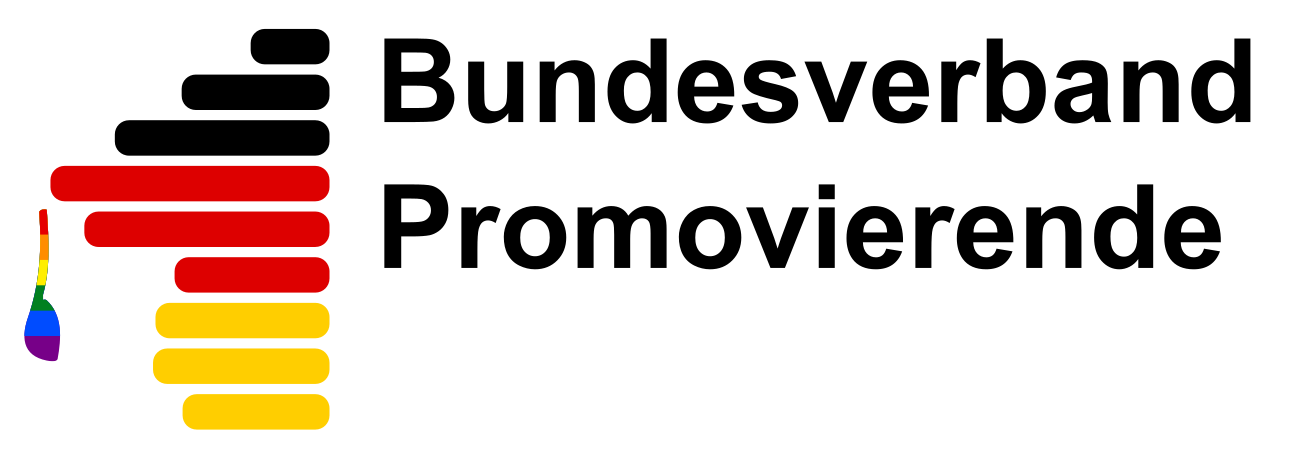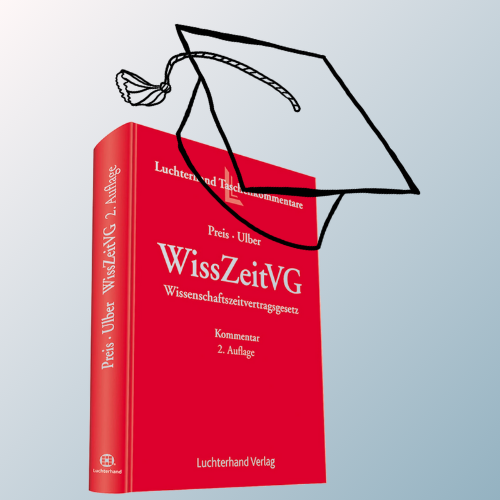14.Nov.24 – The „Wissenschaftszeitvertragsgesetz“ (WissZeitVG) regulates how doctoral candidates, post-docs and other academic staff may be employed. An amendment to the law has been in the works for two years. We, the Federal Association of Doctoral Candidates, have repeatedly voiced our criticism of the problematic WissZeitVG and have been trying to bring the position of doctoral candidates more into focus since the amendment began. On Wednesday, November 13th, a council of experts met to discuss the draft law. Unfortunately, once again no direct representation of doctoral candidates or postdocs were involved. We have summarized the statements of the experts for you below.
Chairman Kai Gehring (Bündnis 90/Die Grünen)
He emphasizes the importance of good working conditions for an innovative science system. An attractive science system needs working conditions that attract bright minds and talent.
Sonja Bolenius (DGB, invited by SPD)
In European and German labor law, permanent employment is the rule. Innovation is only possible with a stable work culture, not with fixed-term contracts. Permanent positions are needed for permanent tasks. Opening up collective bargaining about tariffs creates additional legal uncertainties.
Patrick Cramer (MPG, invited by FDP)
Minimum contract terms increase planning security. The abuse of chain contracts or third-party funding is still not being addressed. Less bureaucracy and better permeability of systems are needed to enable scientists to pursue international careers.
Walter Rosenthal (HRK, invited by Grünen)
Clear career paths should be created after the qualification period at the latest: junior professorships, permanent positions alongside the professorship or outside academia. Appropriate contract terms are needed. Opening up collective bargaining about tariffs harbors dangers.
Wolfgang Wick (Wissenschaftsrat, invited cross-party)
Maximum contract time limits increase pressure on post-docs to perform. More permanent positions for staff who take on permanent tasks in research and teaching. More career goals are needed for doctoral graduates. Diversity of career paths in science must be considered.
Jan Wöpking (German U15 e.V., invited by CDU/CSU)
Introduction of minimum contract period of three years in the doctoral phase is a step in the right direction. Integration of a care policy component is valuable. The opening up of collective bargaining of tariffs and the maximum duration of fixed-term contracts in the post-doc phase should be criticized. As the second most attractive host country in the world for researchers, Germany should use its potential to attract specialists.
We think that the experts‘ criticisms are very valid and should be urgently considered. The current draft is a flawed compromise that only takes small steps in the right direction. In our opinion, as representatives of the interests of doctoral candidates in Germany, there is a need for real improvements in academic working conditions:
- A standard contract period of 6 years for doctoral researchers instead of chain contracts
- The standard contract period must be formulated as a binding rule, not as a guideline
- Exceptions to the rule should only be possible in agreement with a doctoral representation
- Contract duration should be extended proportionately in the case of part-time positions
- The term „qualification“ in the WissZeitVG must be clearly defined
- The WissZeitVG should protect against additional workload outside the work on the qualification by guaranteeing 75% of paid working hours for own research.
We have all of our stances (in German) to this draft law and the WissZeitVG on our Website.



